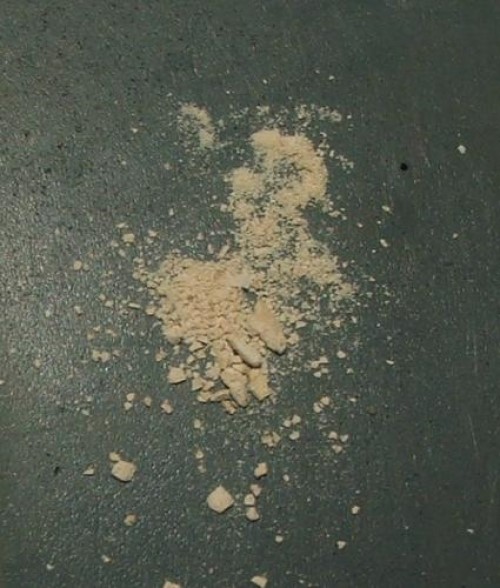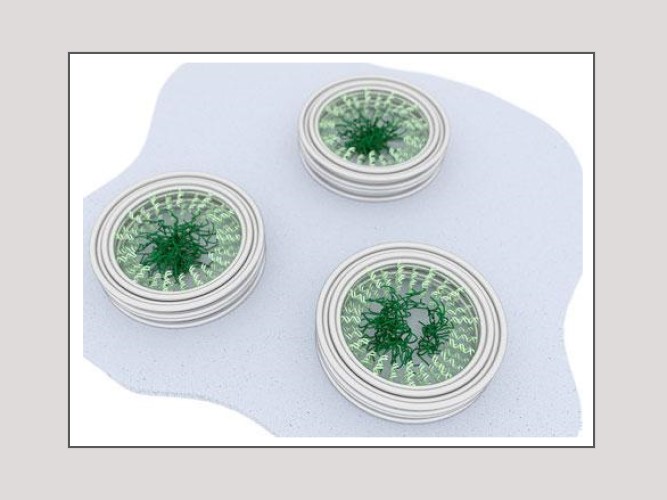

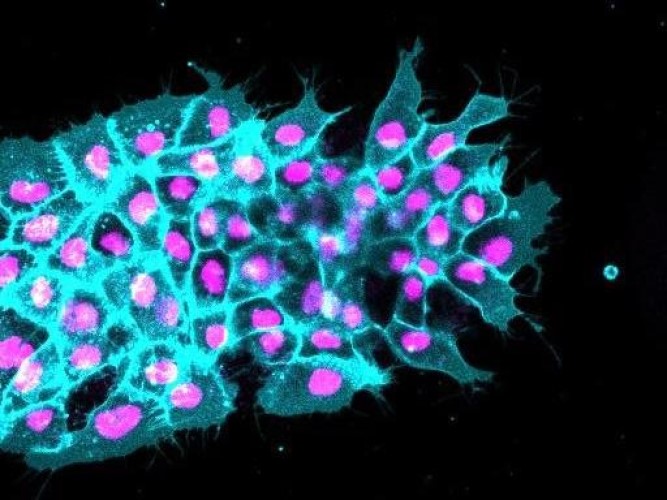
Tissue mechanics essential for cell movement
Cells that form facial features need surrounding embryonic tissues to stiffen so they can move and develop, according to new UCL-led research. The discovery, which is published in Nature, has important implications for understanding the causes of facial defects which...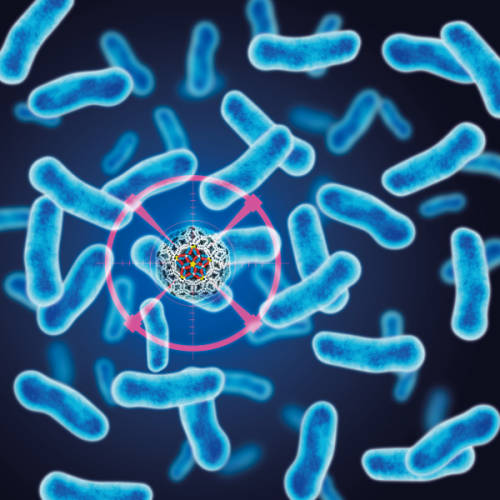
Synthetic ‘virus’ to kill bacteria
A synthetic ‘virus’ that kills bacteria on first contact has been developed by LCN and National Physical Laboratory researchers (NPL). The study, published in Nature Communications, shows how newly designed proteins can be used to build tiny hollow shells that emulate...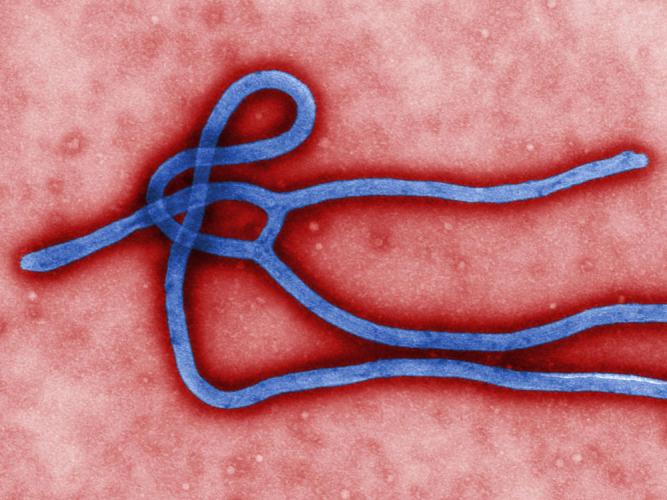
Promising new technology for diagnosing immunity to Ebola
New research from i-sense at Imperial College London and UCL, encompassing LCN researchers, provides a promising new approach to detecting immunity to Ebola virus infection. Since the major Ebola outbreak in West Africa in 2014, a wide number of diagnostic tools have...
QuantERA call 2017 recommends UCL-led quantum technology project
Thanks to joint funding provided by the European Union and QuantERA member organisations, 26 excellent international proposals in the field of quantum technology research have recently been recommended for funding. The UCL-led project ‘Polariton lattices: a...